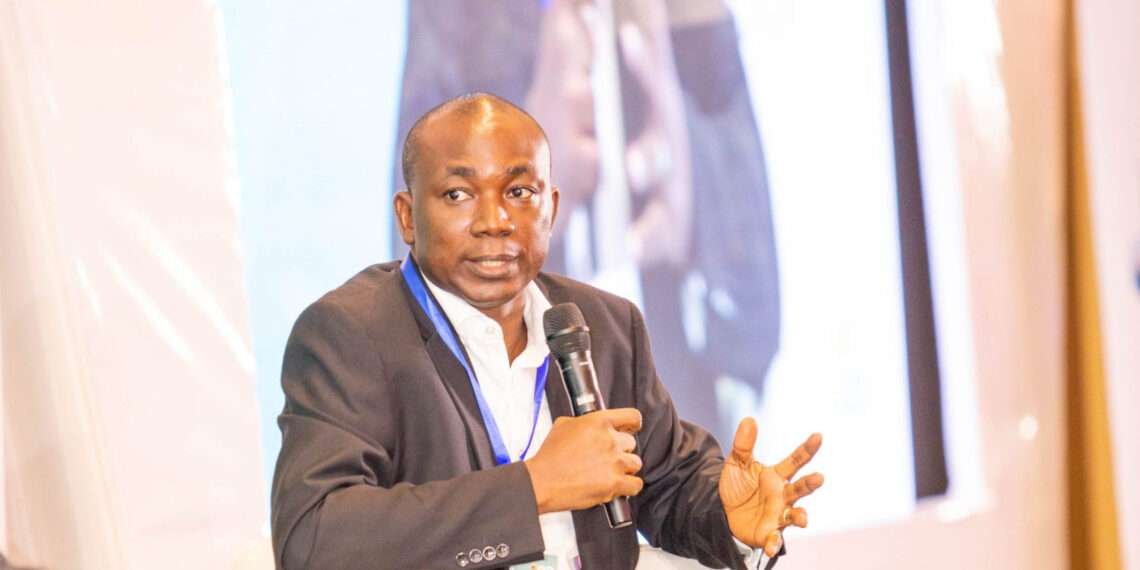Professor Godfred Bokpin, a Professor of Finance and Economics at the University of Ghana Business School, has criticized Hon Kenneth Ofori-Atta, Ghana’s Finance Minister, over the Domestic Debt Exchange Programme, revealing that the country has all the opportunities to avoid defaulting on its bonds.
According to him, the International Monetary Fund (IMF) in its Article IV in April 2022, cautioned the government over its unsustainable debt.
“There were reasonable people in this country who started urging the government to go to the IMF. Now if you check Article IV surveillance that the IMF did running to April 2022, we considered that report to be overly diplomatic.
“The IMF concluded that our debt was sustainable, but of course, at a high risk. It was the same position Ghana attained in 2014. There would have been no need for Ghana to restructure its debt because the IMF per their own assessment concluded that the debt is sustainable, but at a high risk. It was the same status Ghana attained in 2014 when we applied for the 16th IMF programme that kicked in from April 3, 2016 to April 2019.”
Bokpin
According to the proffessor, “The reason I’m drawing this comparison is to let you know that we are in this mess simply by not being proactive, but that has very little underlying economic value. Now, if the problem is largely fiscal, that must inform the extent of the solution and where it must come from.”
Professor Bokpin made known that Ghana’s debt ratio in present value terms is more than 100%. “If you look at the debt sustainability, our debt ratio in present value terms is more than 100% and we’re are looking at around 110%/of Gross Domestic Product in present value terms,” he emphasized.
We Are Creating Incentives For Political Elite To Govern, Borrow And Use Anyhow
Professor Godfred Bokpin, warned of recurrence of debt restructuring, if individual bondholders and pensioners are force to sign onto the Domestic Debt Exchange Programme.
According to him, the country is creating a governance system whereby governments will mismanage the economy and then later resort to debt restructuring.
“Look, if we do not correct that canker and we coerce our own people, pensioners and the rest of them, we will go through this and probably less than three years, there may be the need to restructure our debts again.
“Why are we saying so? If the problem is largely governance, then governance reforms must underpin the structure adjustment and the necessary anchoring structural adjustment. So whatever gains we make under the IMF programme will be sustainable. We should not allow that to happen.”
Prof Bokpin
All things being equal, the Domestic Debt Exchange Programme will end today, February 7, 2023. However, government has appealed to individual bondholders that are yet to sign onto the programme to do so.
Per Prof Bokpin account, “I do not think that individual bond holders should sign up for the bond. I do recognize that a certain level of debt restructuring is inevitable. But we are not at the point where we could ask individual bonds holders to come to the table because the fiscal side that cause the problem has not done even the average. Once the fiscal side hasn’t done what is supposed to do, there is no imperative for us to shift the burden on the individual bondholders or even institutional bondholders”
“We should not allow that to happen. You know what we are doing if we are not careful we are creating the incentive for a political elite through political capture, govern, borrow and use it anyhow. And they know that they can apply the haircut on us, No!”
Prof Bokpin
READ ALSO: Ghana Police Service Must Stop Harassing Innocent NDC Activist- Sammy Gyamfi























